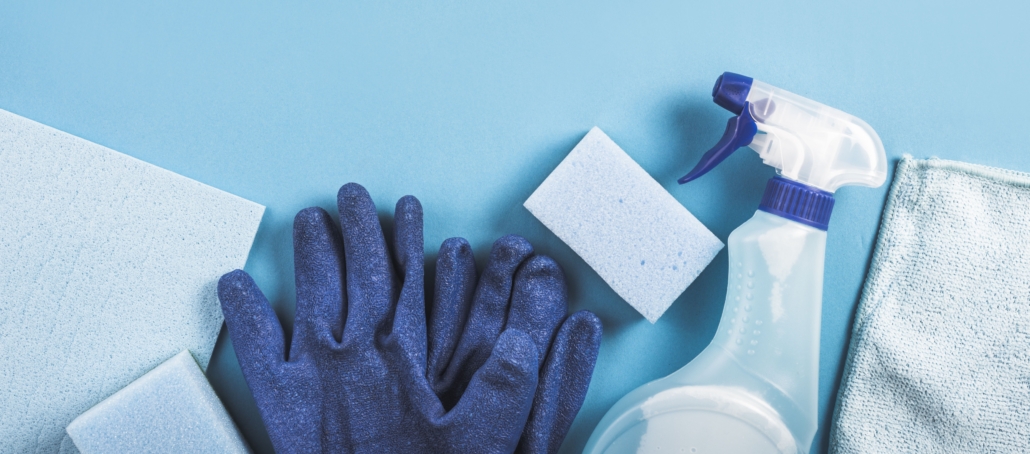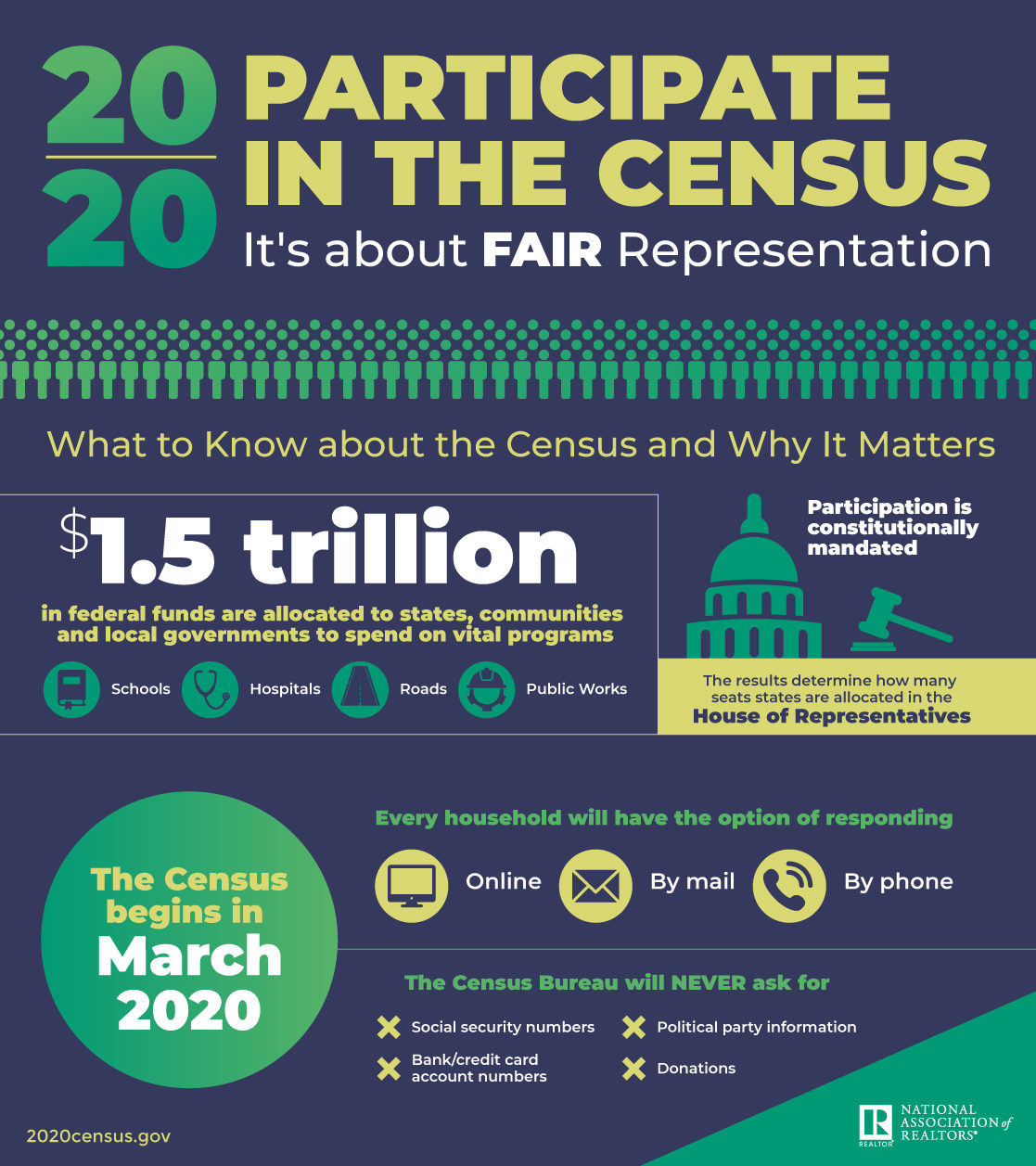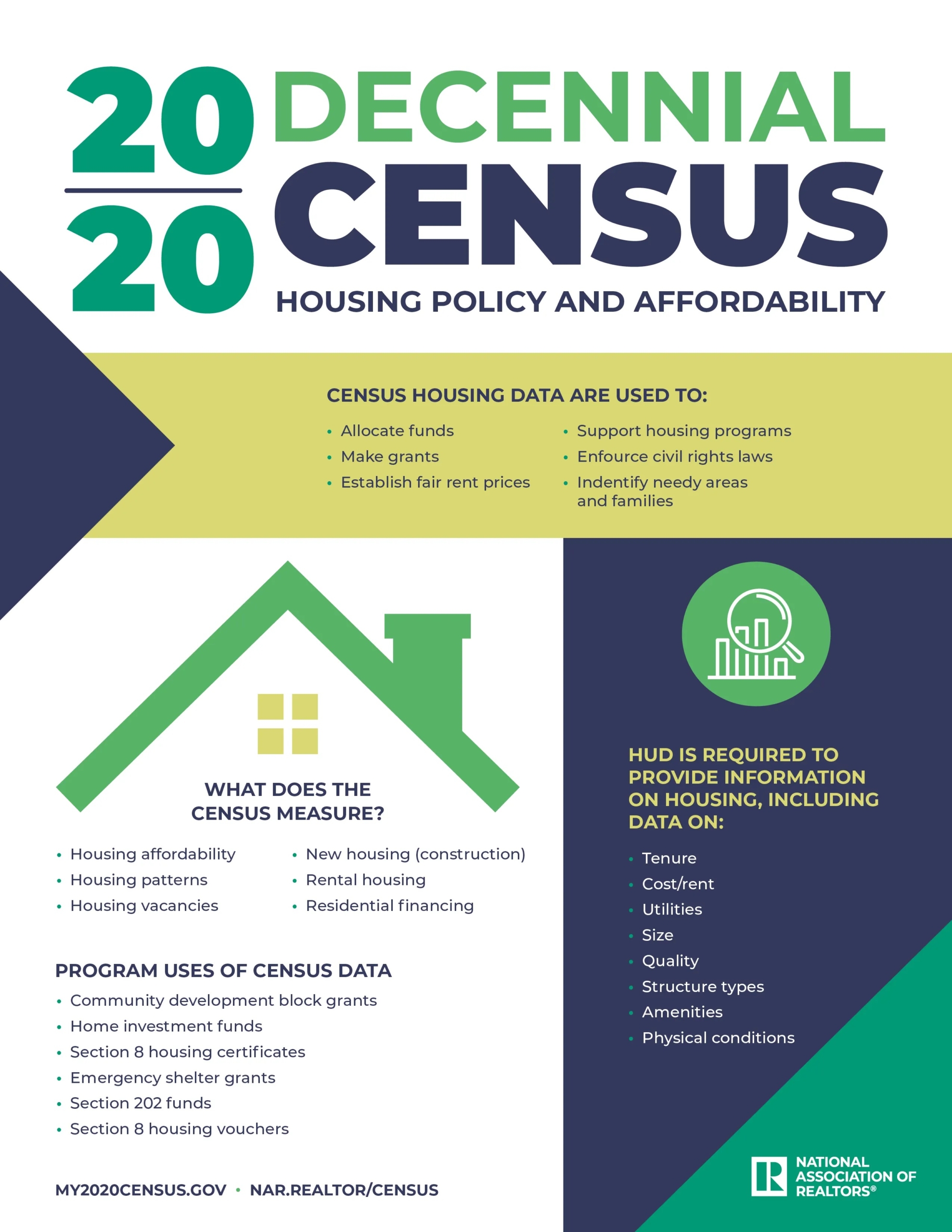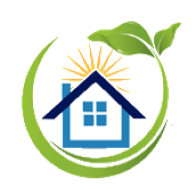
Your sellers may be nervous to have buyers physically in their homes amid a global pandemic. Nearly 30% of real estate professionals say their sellers have expressed concern about the risks of COVID-19 infection from in-person showings, according to HomeLight’s latest Top Agent Insights Report. Six percent of agents say their buyers have expressed similar concerns, the survey shows.
To ease these concerns, it’s important to emphasize cleanliness and sanitization when working with clients—a critical talking point and marketing tactic that will remain relevant following the pandemic, says Debbie Sardone, an expert with SpeedCleaning.com. “We’ve often viewed cleaning as a luxury in having a home looking, feeling, and smelling good,” Sardone says. “But everything has changed since the pandemic. More than ever, we’re all realizing that cleaning plays an essential role in public health. Real estate professionals need to explore how they can help put buyers’ and sellers’ minds at ease as guests come into homes.”
What’s more, real estate pros need to communicate the extra steps they’ve taken to safeguard properties against infection risks. “It’s one thing to sanitize, but if you don’t tell others, its benefits in easing concerns is lost,” Sardone adds. Here are some ways real estate professionals are helping to fight the fears of COVID-19.
Have a Sanitation Plan
Work out a cleaning system with your sellers prior to any showings. Sardone has a disinfecting checklist available on her website that outlines high-touch areas in a home to clean prior to each showing. You can even customize the checklist with your logo and show buyers what has been done to prepare the home in advance.
Sardone also offers her “Speed Cleaning Safe Rule of 3” to print and hand to sellers and post for buyers to view. Sardone’s “Rule of 3” consists of:
- Clean then zap. Clean a surface first with an all-purpose cleaner to remove dirt and gunk, and then follow it up with an EPA-registered disinfectant.
- Spray and stay. Read the instructions on the disinfectant to see the dwell time it needs to remain on the surface to kill viruses and bacteria before wiping it away. Many disinfectants need at least 90 seconds to kill viruses but some may need up to 10 minutes to kill bacteria.
- Once and done. Use an area on a cleaning towel only one time. Use another part of the towel or rag to keep cleaning other surfaces. Sardone stresses: Do not clean multiple surfaces with the same towel. Flip it to the other side to prevent spreading bad germs. For sanitizing wipes, use it once on a surface and then toss.
Promote the Steps You’ve Taken
Many homes are being promoted on the MLS with highlights about how they are sanitized before each in-person showing. A $950,000 listing in Reston, Va., which was recently sold, contained the following message in the property description: “For everyone’s safety, this house has been sanitized before listing. If you have traveled out of the country in the last 90 days, have been around somebody that has had COVID-19 (confirmed or not), or if you have a fever please refrain from entering the home. Please limit touching surfaces as much as possible.”
For buyers who didn’t meet the criteria or didn’t want to go inside the home, the listing offered a virtual tour of the property.
You also may want to promote the measures you take for listings on your social media channels.
Limit Guests at the Home
Make sure only serious buyers and those who are symptom-free enter the home. For example, some real estate professionals have started to ask their buyers to fill out a form in advance of showings that verifies they do not have any known symptoms of COVID-19 and haven’t been in contact with anyone who has the virus. The National Association of REALTORS® says in its COVID-19 transaction guidance that the use of such buyer questionnaires is “reasonable to screen individuals for COVID-19 prior to showing an individual property, but be sure to require all individuals to complete the questionnaire to avoid fair housing issues.” NAR also cautions that self-reporting offers somewhat limited assurance, since some individuals with the virus are asymptomatic.
Some real estate professionals also are requiring buyers to get preapproved or prequalified by a lender before they view a home in person. This can help limit showings to the most serious buyers who are prepared to make a purchase.
Take Extra Precautions During the Tour
Set up a germ-free zone as guests enter the front door. Here are some ways to do it:
Set up a sanitation station. Encourage all guests to wash their hands at a sanitation station, which you should set up at the front doorstep. Seventy-one percent of real estate professionals say offering a hand sanitation station will be a key hygiene measure they’ll adopt for showings for the foreseeable future, according to the HomeLight survey. Also, have hand sanitizer containing at least 60% alcohol available at all entry or exit points of a home. If you want to add your business logo or some other flair that speaks to who you are as a trusted real estate professional, you can even customize a hand sanitizing station with HandStand, and the REALTOR® Team Store has a made-to-order station with the REALTOR® logo.
Keep your hands to yourself. Your goal should be to reduce the need for visitors to touch surfaces in the seller’s home. A good way to try and make showings as contactless as possible is to ask sellers to open all interior doors—including closets and cabinets—and turn on all lights before leaving the property. This will help eliminate some high-touch points during a showing. Fifty-five percent of agents say they’ve already made this a part of their hygiene protocols for showings, according to the HomeLight survey.
Remove your shoes, or disinfect them. You may want to require all visitors to remove their shoes, or—if you’re uncomfortable asking that of people—offer disposable shoe covers and booties at the door. Forty-four percent of agents say they plan to provide shoe covers, while 30% say they will require shoes to be removed prior to stepping into a home, according to the HomeLight survey. Some companies are even exploring high-tech solutions to germ-free feet: One company called Shuzon—which is currently raising funds on Kickstarter to come to market—is touting an antibacterial doormat. It’s a two-sided doormat that claims to sanitize shoe soles. One side dispenses a cleaning solvent, and the other side is dry and removes any excess liquid.
Give out masks. Offer up personalized personal protective equipment for your home tours. Judy Rowe, a broker with Mike Thomas Associates, REALTORS®, in Angola, Ind., began making masks not only for her brokerage but also other real estate pros to use during home showings. She launched RealtyMasks.com, offering agents their own branded masks that they could give to their clients. Her tagline: “Spread your brand, not the virus.” (She sells quantities of 10 to 49 customized masks for $16 each.)
With these measures, “others will be able to see that you’re making an effort, and that might help buyers to let down their guard enough to view and experience the house more comfortably,” Sardone says. “They won’t have to enter the home wondering how clean this or that is. It’ll change the perception as they view the home, and it’ll show that the seller and real estate agent went that extra mile for their safety.”
SOURCE






